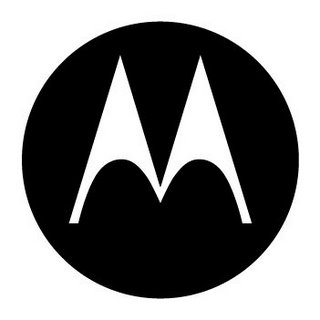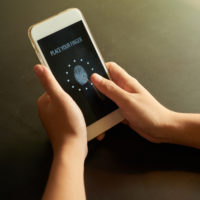You didn’t think Apple just rolled out of bed one day and decided to get litigious? Reports are coming out now that Apple was doing some behind the scenes work weeks before the suit was filed.
Starting in January, Apple launched a series of C-Level discussions with tier-1 handset makers to underscore its growing displeasure at seeing its iPhone-related IP [intellectual property] infringed. The lawsuit filed against HTC thus appears to be Apple’s way of putting a public, lawyered-up exclamation point on a series of blunt conversations that have been occurring behind closed doors.
“Our checks also suggest that these warning shots are meaningfully disrupting the development roadmaps for would-be iPhone killers. Rival software and hardware teams are going back to the drawing board to look for work-arounds. Lawyers are redoubling efforts to gauge potential defensive and offensive responses. And strategy teams are working to chart OS strategies that are better hedged.”
It appears that the multitouch issue was the straw that broke the camel’s back, so to speak:
Apple COO Tim Cook warned other companies about using Apple’s patented multitouch technology. That warning apparently had some impact as Samsung and Nokia stayed clear of multitouch, and although Palm used the technology in their Palm Pre, they were not deemed as a strategic threat to Apple. Â When the Motorola Droid and HTC Eris came out, it was apparently too much for Apple to swallow.
While CNNMoney goes on to say HTC is loosing faith in Android and thinking about returning to a WinMo OS, though with two new devices coming out soon, they don’t seem to be all that dissuaded.
On the less panicky side of things, Alan Tenenbaum, a patent litigation attorney with Cohen, Pontani, Lieberman & Pavane LLP, offers a more logical take:
HTC and Google aren’t foolish, and they’re surely prepared to make their own claims against Apple. As HTC noted in response to the lawsuit, it has its own stable of patents. Tenenbaum says the case could either be settled quickly out of court, or escalated with both sides making counterclaims against each other and eventually negotiating a settlement. In both cases, the likely result would be a cross-licensing deal — a boring outcome, perhaps, but one that seems reasonable.
Several attorneys said this case won’t take long to resolve, at least on the injunction side. The trade commission usually rules on cases in 15 months, compared to two or three years for District Courts. Peter Toren, lead IP partner with Kasowitz, Benson, Torres & Friedman LLP and formerly with the Department of Justice’s Computer Crime & IP unit, thinks a resolution is just six months away.










